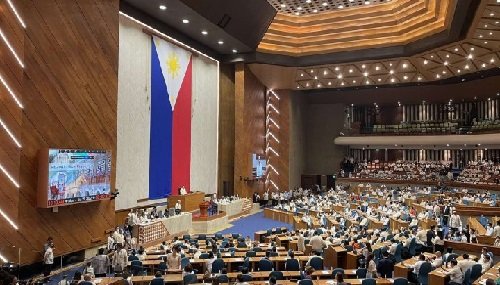Philippines Passes House Bill No. 7705
House Bill No. 7705, introduced during the 19th Congress, aims to promote a low carbon economy in the country. This legislative measure is designed to establish an emission trading system and an implementation mechanism to achieve national climate targets. Its primary goal is to reduce greenhouse gas emissions and mitigate the adverse effects of climate change.
Key Features of the Bill
House Bill No. 7705 outlines several key features to foster a low carbon economy. Firstly, it proposes the creation of an emission trading system where companies can buy and sell emission allowances. This market-based approach incentivizes businesses to reduce their carbon footprint by allowing them to trade surplus allowances. Secondly, the bill mandates the establishment of a regulatory framework to monitor and ensure compliance with emission targets. This framework will include penalties for non-compliance and rewards for exceeding reduction goals.
Benefits of a Low Carbon Economy
Promoting a low carbon economy through House Bill No. 7705 offers numerous benefits. It can significantly reduce air pollution, leading to improved public health and a better quality of life. Additionally, it encourages technological innovation and the adoption of sustainable practices in various industries. By reducing dependency on fossil fuels, the country can enhance its energy security and create green jobs, contributing to economic growth.
Challenges and Considerations
While House Bill No. 7705 presents a proactive approach to addressing climate change, it also faces several challenges. Implementing an emission trading system requires robust infrastructure and regulatory oversight. Ensuring the participation and cooperation of all stakeholders, including businesses and government agencies, is crucial for the bill’s success. Moreover, there is a need for continuous monitoring and assessment to adapt the system to evolving environmental and economic conditions.
Conclusion
House Bill No. 7705 is a significant step towards promoting a low carbon economy and achieving national climate targets. By establishing an emission trading system and a comprehensive implementation mechanism, the bill aims to reduce greenhouse gas emissions and foster sustainable development. While challenges remain, the potential benefits for public health, economic growth, and environmental protection make this legislative measure a crucial component of the country’s climate strategy.






Comments are closed